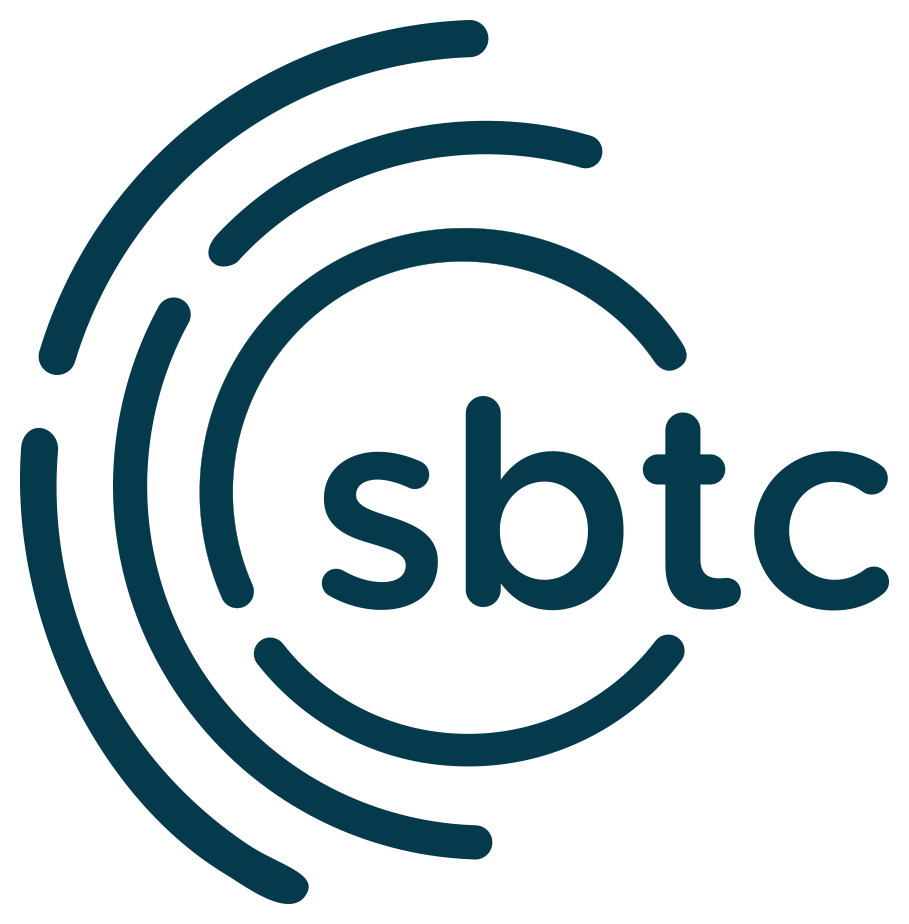“Teaching is giving information that explains. Preaching is an attempt to win people to respond to information that explains.” Yancy Arrington
Application tends to be one of the hardest parts of the sermon-writing process. When preachers are stuck on exegeting a difficult text, parsing a word or phrase, or understanding the context, commentaries come in help. But writer’s block tends to show itself when it comes to applying the sermon to the hearts of our listeners.
Application is important; it is how we invite those listening to respond to the meaning of the text and ultimately to the gospel of Jesus Christ. If we preach the gospel, but give no way to respond, how will our people know what to do? You don’t want your congregation asking for the altar call like the people in Acts 2:37. You want to lead your people to the heart of the text and tell them what to do with it. Otherwise, your sermon is like a car with no wheels. It may have a powerful engine, a fresh coat of paint, and comfortable seats, but without wheels, it won’t go anywhere. Similarly, sermons with the power of the gospel, a polished presentation, and comforting truths must lead people to respond. Application is the very heart of the sermon; to give no way for people to respond is to have a sermon with no life at all.
So, as we think about application, we must have hearts in mind because application aims for the heart. We must be mindful of the heart of the Lord, the heart of the preacher, and the hearts of the congregants. With that framework, I want to encourage you to walk, sit, and live ways that will help your sermons’ application.
-
Walk with your Lord.
Prayer is what Christians should do in everything (1 Thessalonians 5:17). It is not the only thing we do, but it must be the first because it is the most important. In prayer, we ask God to do that which we cannot do: We ask the sovereign Creator, Sustainer, and Orchestrator of the universe to move.
Prayer is integral to the Christian life. For instance, if we are struggling with sin, we start with prayer and we fight sin prayerfully. Similarly, if we are struggling with application in sermons, we must begin with prayer and continue in prayer. If we want the sermon to reach the hearts of our people, we must ask the Lord to empower our preaching to that end.
When I write sermons, I pray before I read the text; I pray the text itself; I pray as I take notes and outline the passage; I pray before I manuscript; I pray between finishing and delivering the sermon, and I pray after delivering the sermon. I ask the Lord to grant me clarity and truth. I ask the Lord to work the truth of the text into my heart, and I ask the Lord to prepare the hearts of those who will hear the sermon. From start to finish, we must walk with the Lord.
-
Sit with your text.
Application must always be rooted in the text, so spend as much time in the text as you can. I know that the longer I sit with the text, the better my application is. Not only is meditation a biblical command, but it reaps practical benefits. The longer you can sit with a text, the more you begin to see the many facets of it. You begin to contemplate doctrines that lie underneath the surface. You give yourself time to remember parallel passages, and you begin to go about life and see the world through the lens of that passage.
I personally like to begin studying the text three weeks before I preach it. I exegete the passage and think about it for a week. I write the sermon over the course of the next week, and then I sit with my finished sermon for a week before preaching it. The Lord has gifted me with the ability to multitask, so I overlap the sermons I work on.
When I sit with the text, I ask the Lord to apply it to my heart. He starts to reveal my own sins, struggles, fears, frustrations, hopes, and hurts. As I confront these realities of my heart, I am able to apply the gospel to my life in a way that nurtures my own soul. So then when it comes to application for a sermon, I can authentically and applicably show my people what the Lord did in my heart through that passage.
-
Live with your people.
Being as young as I am, I have not encountered as many hardships or tribulations as some of my congregants who have been following Jesus longer than I’ve been alive. But as I look out to my church family each week from the pulpit, I see people, stories, and struggles. I know the hurt and heartache of our people because I’ve had lunch or coffee with them, and they’ve shared their lives with me. I know them because I spend time with them.
So, when I preached Psalm 42, 51, and 84 a few years back, I thought of the weary pilgrims in my church who were longing for peace, renewal, and hope. I thought of the members who were fighting for joy. I had in mind the recently widowed and those struggling with infertility. I thought of the struggling marriages, parents, and single people in our church.
As I thought of each of these people by name, I made it my goal to give each of these individuals the good news that can only be found in Christ. Just as we need to exegete our text before we preach a sermon, so too should we exegete our people before preaching to them.
All three of these components are needed when it comes to finding good sermon application. If we only spend time in the text without walking with Jesus or living with our people, we will have information without application. The goal is not to teach lectures but to preach sermons. And what separates teaching from preaching is application that springs from walking with your Lord, sitting with your text, and living with your people.








